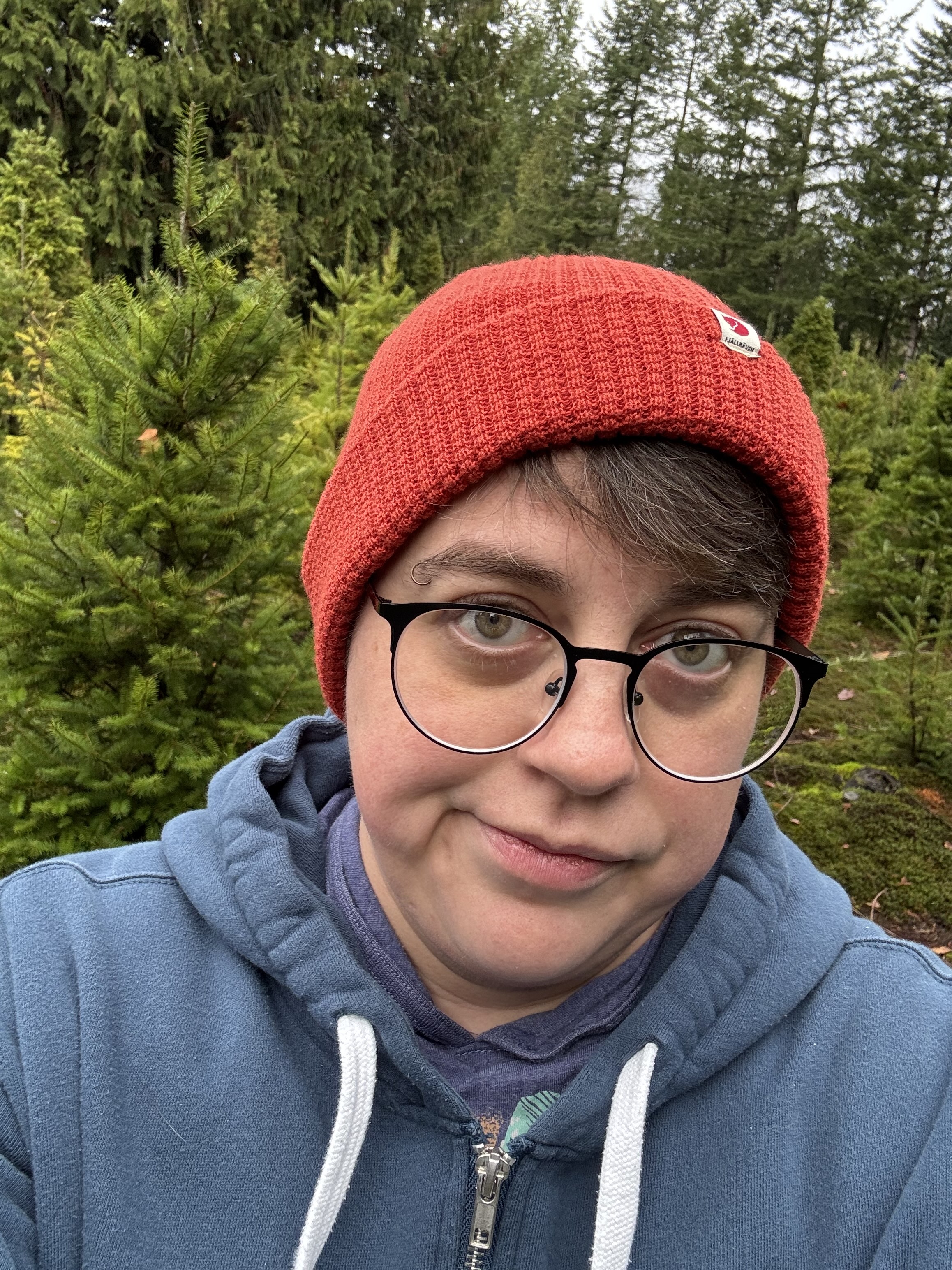Hello, World!
I grew up not knowing who I was.
The narrative my parents taught me as a child was one of service, obedience, and living inside the lines laid out in an ancient text. Unfortunately for them, they also taught me to read and think for myself.
I first criticized my worldview through examining text during my undergraduate degree. My minor in Bible gave me hours of intense study of the foundations of my faith; what I found was that my religion, and the story it was based on, was very flawed. With fresh eyes, a degree in dissecting literature, and separation from my parents’ influence, I read voraciously. I spent years deconstructing what I learned and opening more books to see what else I had missed during my childhood. It was not to works of philosophy or religion or textbooks that I turned my gaze, but to fiction–fantasy, young adult, romance, and more. Fantasy novels showcased racial inequality and systemic oppression that looked eerily familiar. Young Adult reminded me that other young people were struggling to understand their world. Romance showed me the many forms that love can take. And in so many of these stories, I found reflections of myself and who I wanted to be: A person who loves authentically and without limits. A person who looks injustice in the face and stands against it. A person who doesn’t try to fit into a premade mold but in a shape of their own making.
This avenue of expanding my mind and heart has continued throughout my adulthood. Books made it possible for me to accept myself as bisexual and to come out to my wife, and in turn accept and embrace her when she came out to me as transgender. When my wife and I adopted minority children, I celebrated their culture and learned how to be anti-racist by reading Black and Latine authors. Novels educated me on LGBTQ+ and BIPOC issues better than the news media outlets and the closed-minded people around me. The impact that literature had on me is the impact I want to have as I advance my career. The very act of reading marginalized voices is one of rebellion, and I want to nurture a generation of rebels. Queer and minority authors have been silenced for too long in the traditional publishing industry. In recent years they have begun to find their voices, and I’m eager to be part of the movement that sees them flourish. When novels are edited well and given a chance in traditional publishing, they have a greater reach. With this greater reach, queer and minority authors can push back against ignorance, educate allies, and help others like me discover and celebrate who they truly are.
